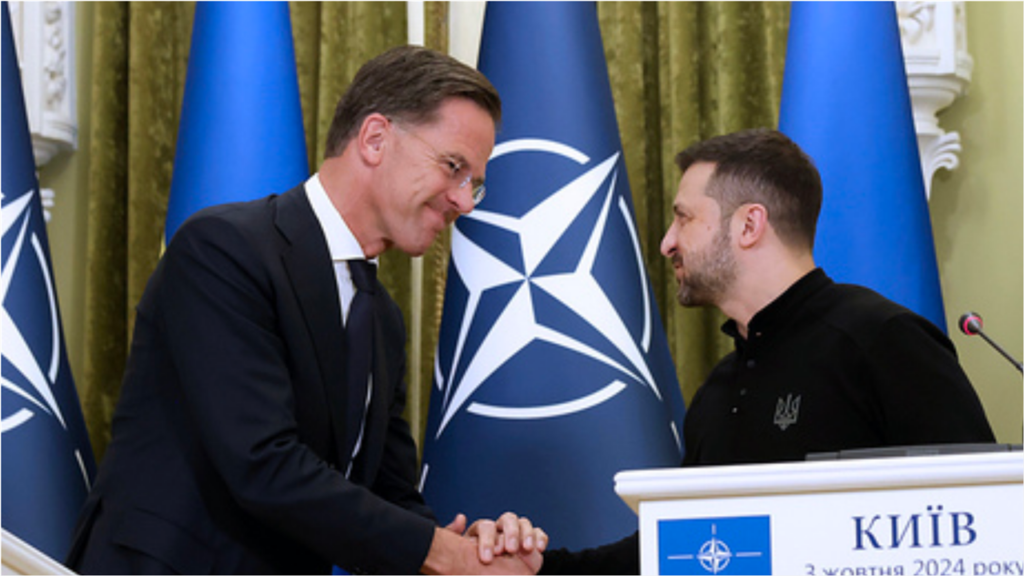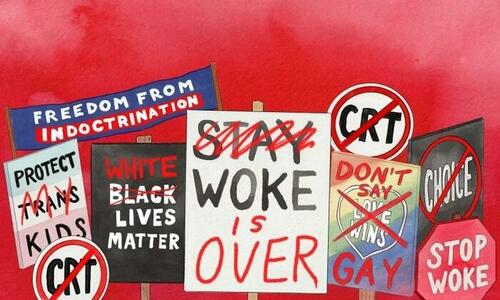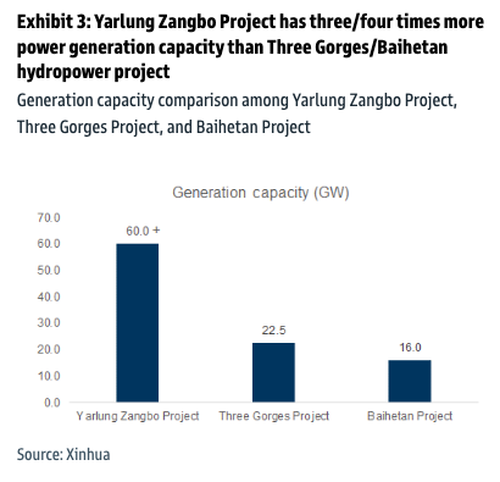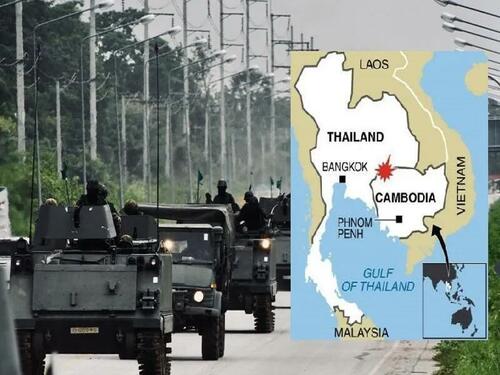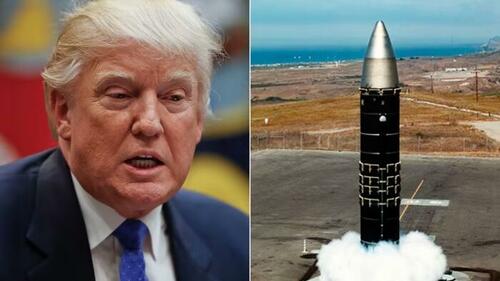Starmer’s Palestine Action Ban Could Be Breaking International Law, Says UN

The United Nations has said Sir Keir Starmer’s decision to proscribe Palestine Action could be a breach of international law as it was “disproportionate and unnecessary” to ban the group after it spray-painted an RAF aircraft red last month. The Telegraph has the story.
Volker Türk, the body’s human rights chief, accused the Labour Government of a “disproportionate and unnecessary” ban after the group spray-painted an RAF aircraft red last month.
He said banning a group that does not threaten death or serious injury “misuses the gravity and impact of terrorism” and that it could breach the right to freedom of expression for protesters.
Sir Keir’s decision to proscribe Palestine Action under the Terrorism Act makes it a criminal offence to be a member of the group, express support or wear clothing that would create “reasonable suspicion” that a person was a member.
Breaking the law carries a potential sentence of up to 14 years in prison.
More than 200 people have been arrested in connection with Palestine Action since the ban came into force on July 5th, mostly at protests against the Government’s policy on Palestine.
But not a single person has been charged with any terror offences, it is understood.
Police forces have arrested dozens of people over the past three weeks at protests across the country, many of whom were just holding signs saying “We support Palestine Action”. …
Mr Türk, the United Nations High Commissioner for Human Rights, said the definition of terrorist acts “should be confined to criminal acts intended to cause death or serious injury or to the taking of hostages”.
He said: “It misuses the gravity and impact of terrorism to expand it beyond those clear boundaries, to encompass further conduct that is already criminal under the law.”
“The decision appears disproportionate and unnecessary. It limits the rights of many people involved with and supportive of Palestine Action who have not themselves engaged in any underlying criminal activity but rather exercised their rights to freedom of expression, peaceful assembly and association,” he said.
“As such, it appears to constitute an impermissible restriction on those rights that is at odds with the UK’s obligations under international human rights law.”
Worth reading in full.


